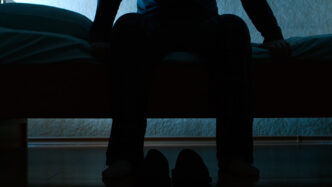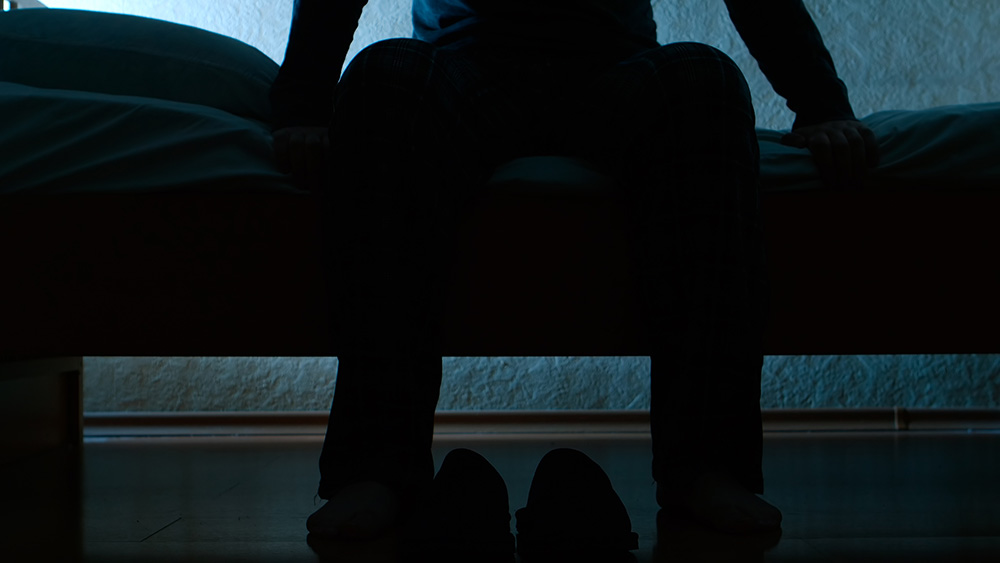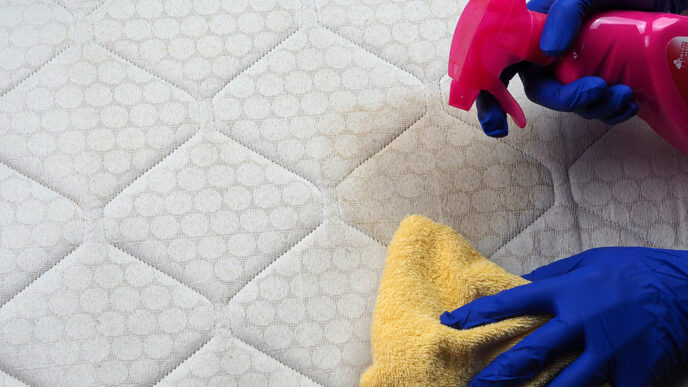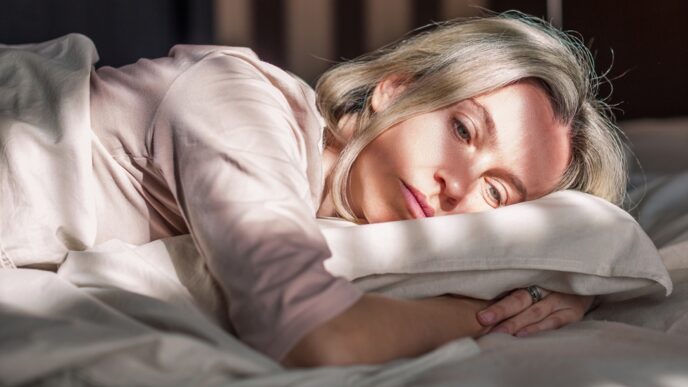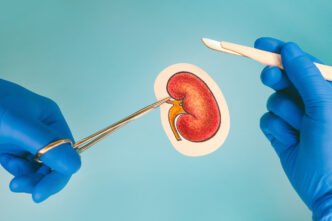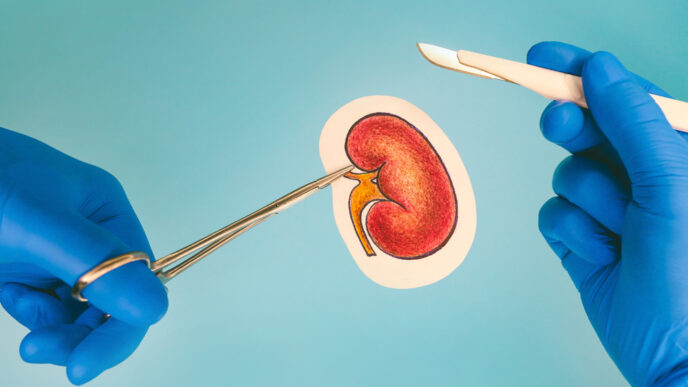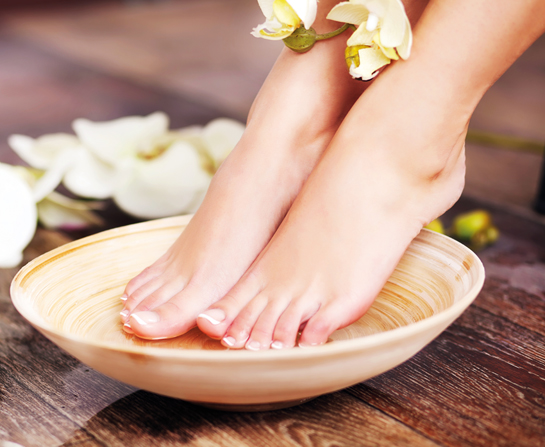Think waking up to pee at night is just part of getting older? Not really. Consultant urologist Professor Dr Christopher Ho Chee Kong explains why this happens and what you can do to fix it.
WORDS PROFESSOR DR CHRISTOPHER HO CHEE KONG
 FEATURED EXPERT FEATURED EXPERTPROFESSOR DR CHRISTOPHER HO CHEE KONG Consultant Urologist School of Medicine Taylor’s University |
IT’S NORMAL TO WAKE UP AT NIGHT TO USE THE TOILET, RIGHT?
No, it’s not!
Normally, after going to bed, you shouldn’t need to wake up to urinate—that can wait until you wake up in the morning.
IF IT’S NOT NORMAL, THEN IS IT A SERIOUS CONCERN?
If you wake up more than once throughout the night, it will affect your sleep and quality of life.
Falls and Injuries
- Waking up to make your way to the toilet can cause falls and injuries.
- If you are an older person, you should especially be careful, as injuries to the hip as a result of falls can be life-threatening.
Affects Concentration During the Day
- Lethargy, sleepiness, and lack of concentration during the day affect your productivity at work or school.
- If you drive or operate machinery, you can put yourself and the people around you in danger as well.
Affects Your Relationships
- Tempers can flare easily when you’re not getting enough sleep.
- This can affect your relationships with the people around you—your loved ones, your colleagues, etc.
It Can Affect Other People Too
- If you share your bed with another person, that person may also have their sleep affected due to your constant waking up and moving around.
- As a result, they too may face similar issues such as lethargy and lack of concentration during the day.
WHAT COULD BE THE REASONS FOR WAKING UP AT NIGHT AT PEE?
The medical term that describes waking up at night to pee is nocturia.
- Nocturia is not a disease.
- Rather, it is a symptom or sign that you may have a health condition that affects your bladder function and causes you to wake up at night to pee.
Below are some common possible issues that can result in nocturia.
Incomplete Emptying of Bladder
- Conditions such as bladder stone, tumours, and enlarged prostate can prevent the bladder from completely emptying while you pee.
- The residual urine can cause the bladder to fill up very quickly, necessitating the need to urinate often, even after you’ve fallen asleep.
Irritation to the Bladder
- Your bladder can be irritated by caffeine, alcohol, and fizzy or sugary drinks.
- A tumour in the bladder or a urine infection can also cause irritation to the bladder.
Excessive Urine Production
- This could be due to excessive consumption of fluids, especially alcohol and caffeine, during the day.
- You can also experience this issue when you take medications that have diuretic properties—these medications will increase urine production in your body.
WHAT CAN I DO ABOUT MY NOCTURIA?
See a Doctor
- You can see a general physician about your issue.
- The doctor may prescribe simple tests such as urine tests to look for signs of infection.
- Imaging tests such as ultrasound and cystoscope can be helpful in detecting presence of stones, enlarged prostate, or tumours.
- You will also likely be asked to keep a voiding or bladder diary.
Voiding or Bladder Diary
|
So, What Happens After I See the Doctor?
- If the nocturia is due to enlarged prostate, overactive bladder, or overproduction of urine, the doctor can prescribe the necessary medications to address these conditions.
- On the other hand, if there are alarming signs, such as blood in the urine, or if the prescribed medications don’t seem to improve your nocturia, then the general physician will refer you to a urologist.
- If your nocturia is due to the presence of tumours or bladder stones, you will be referred to a surgeon for the appropriate surgical procedures.
| While you are under treatment for nocturia, it is also a good idea to avoid consuming caffeine, alcohol, and other foods and drinks that can irritate the bladder. Also, don’t forget to empty your bladder before going to bed! |
| This article is part of our series on health issues related to the urological system, which involves the kidneys, urethra, ureter, and bladder. |

